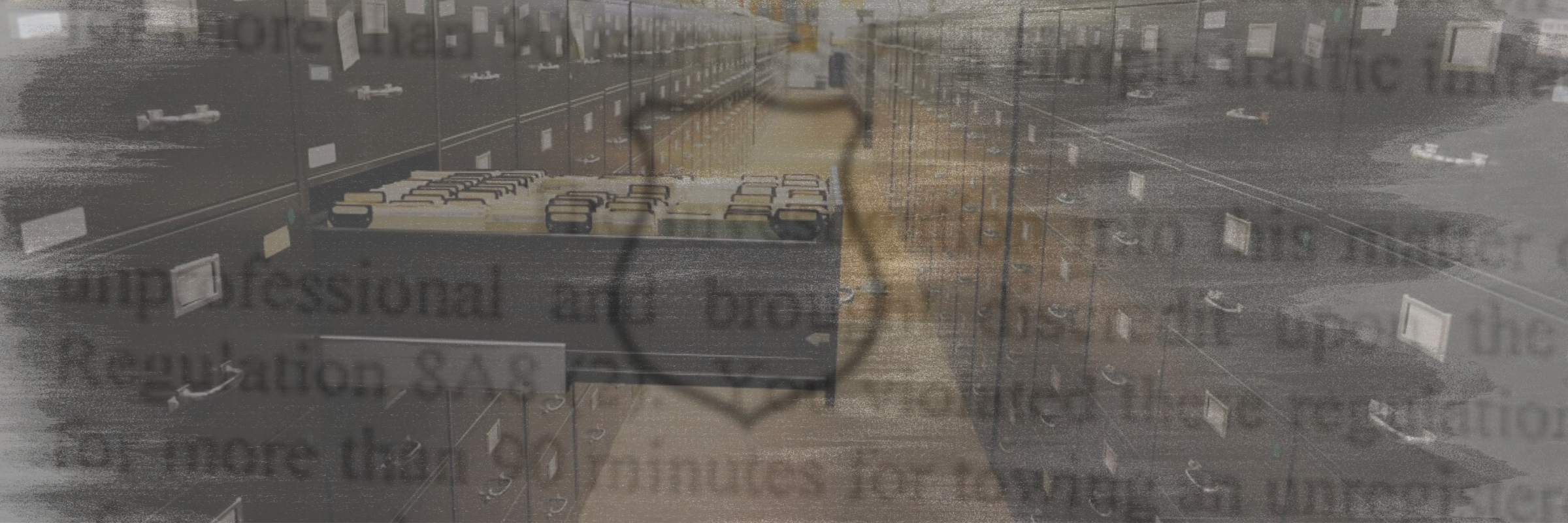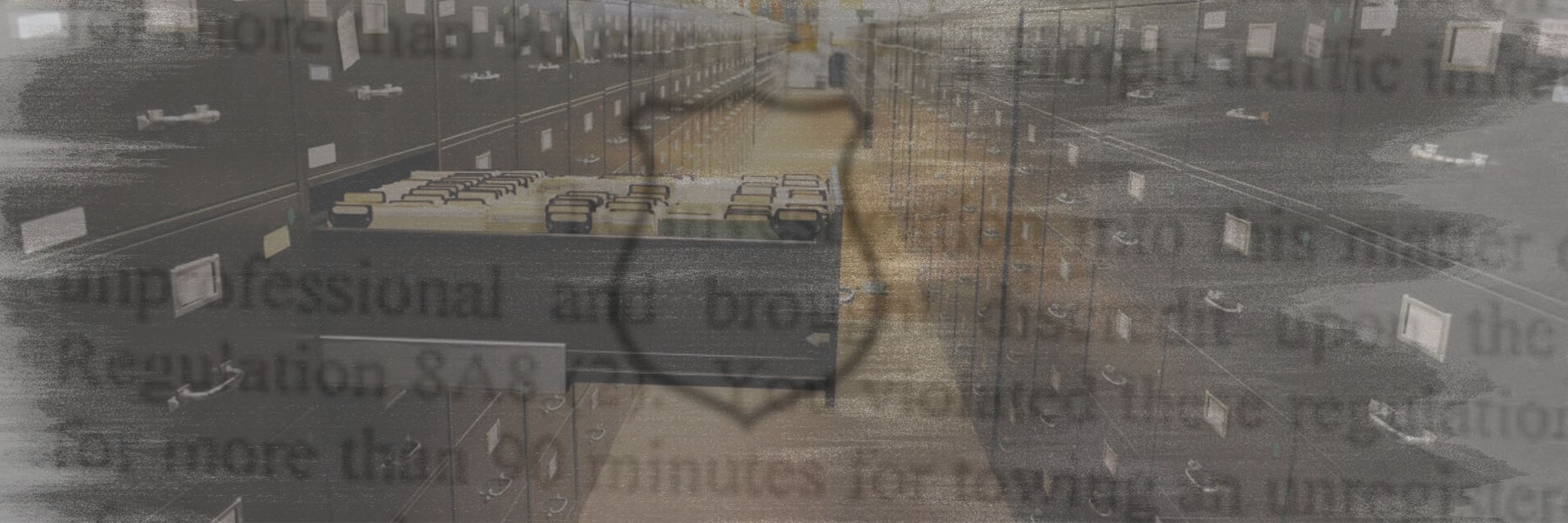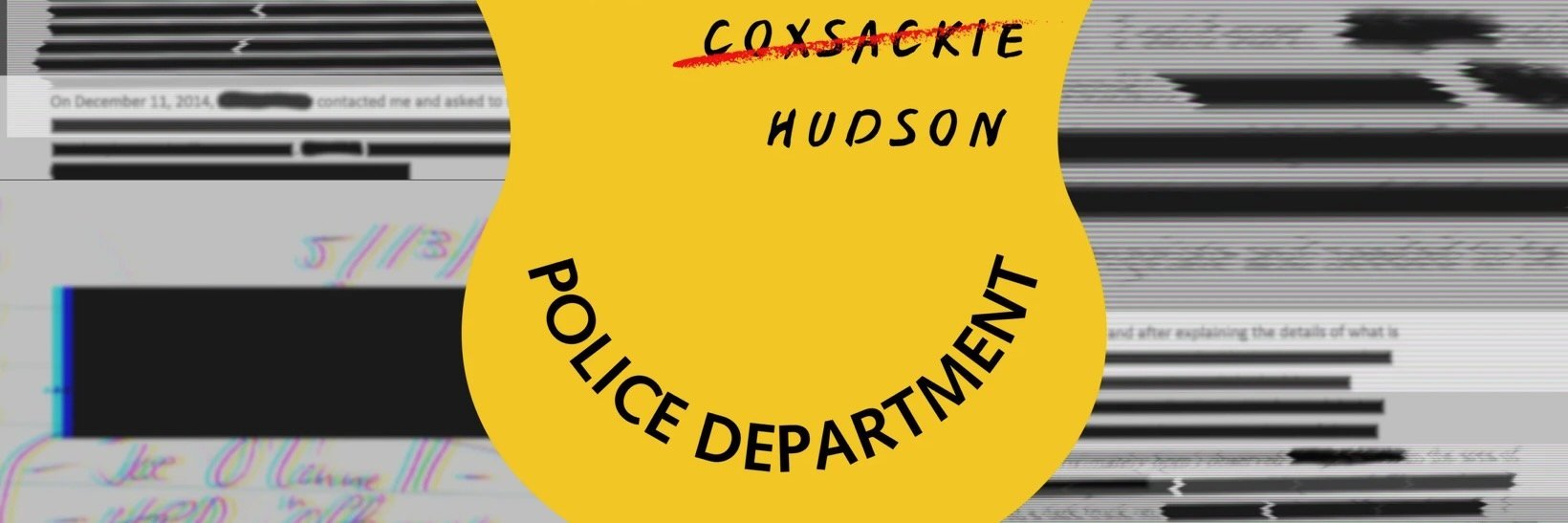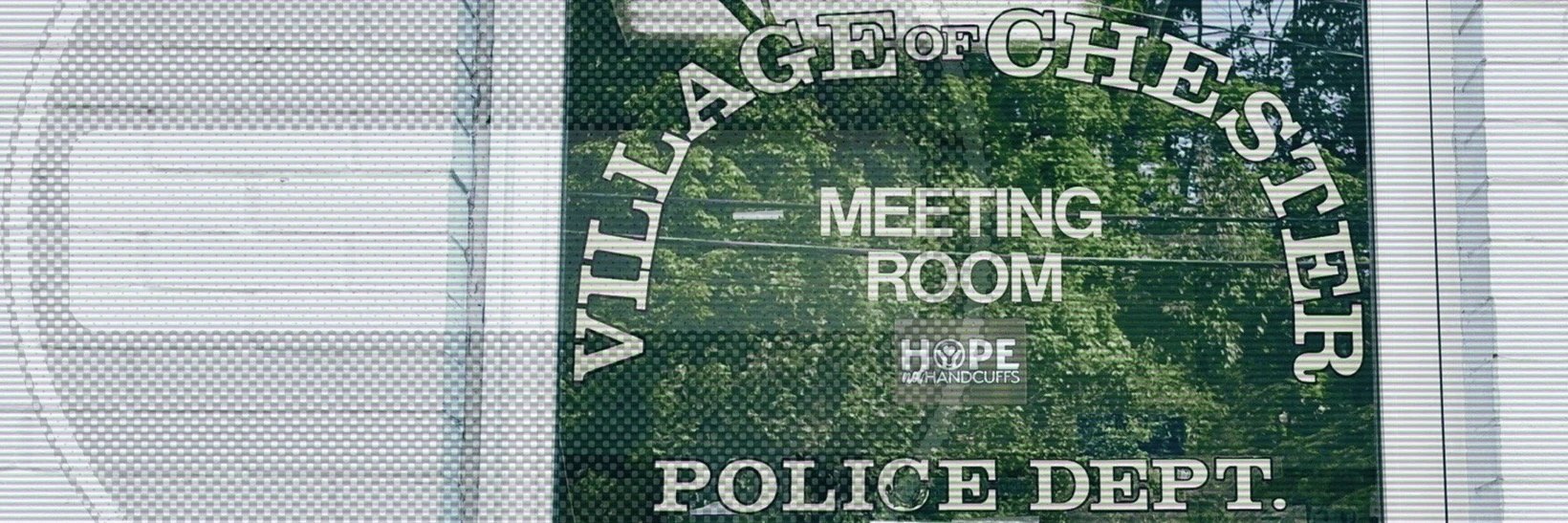Our team of reporters has obtained over 27,000 pages of police disciplinary files in New York state. We want your help in liberating more.
Behind the Badge, a collaboration between MuckRock, New York Focus and a team of reporters, is organizing and releasing previously unpublished disciplinary files of police in New York. The documents have exposed homeless services officers in New York City who used excessive force, like one who broke the bone of a resident at a homeless shelter, a school officer who had a relationship with a student and continued to be rehired across the state — even police departments who claim they have no misconduct records at all. Now, we want to open up these files across the country.
We’re filing public records requests to district attorneys around the country for the documents that their offices have gathered on police misconduct. Disciplinary files like these reveal officers who have beat and injured citizens during arrests, lied to their supervisors or made racist remarks to their colleagues. You can help us by filling out a short form to tell us which police agencies’ documents we should request.
Police misconduct records are notoriously difficult to get ahold of. Behind the Badge is trying a new strategy: request the files that district attorney offices hold. In criminal cases in the United States, all “material” evidence that undermines the credibility of a police officer who testifies must be shared during the case. This evidence on untrustworthy officers is often called “Brady” or “Giglio” material, named after landmark court cases. Sharing relevant disciplinary files keeps corrupt cops from affecting the integrity of a case, but these files also serve as public records that expose police misconduct when police themselves won’t hand over disciplinary files.
Across the country, journalists have tried to gather more extensive collections of disciplinary files to hold police accountable. In 2019, USA Today worked with local newsrooms to obtain misconduct records in over 40 states. The Invisible Institute, a nonprofit journalism organization in Chicago, was part of the USA Today investigation and has continued to report on Cook County’s Brady list. The Invisible Institute also recently published a nationwide database of police employment history.
Our goal is to free up disciplinary files in more places, make them open for all and highlight the work of others doing the same. Want to join in? Fill out the form below.
Image via fbi.gov. Illustration: Dillon Bergin.




